Online Review And Social Influence: Key Factors In Increasing Impulsive Buying And Self Control As Moderation
DOI:
https://doi.org/10.30587/jurnalmanajerial.v11i01.6998Keywords:
Online, Review, Social, Influence, Impulsive, BuyingAbstract
Background – Lack of self-control that exists in consumers in making a purchase decision so that impulsive buying often occur which are influenced by external factors.
Aim – The purpose of this study is to prove the relationship between online review variables and social influence on impulsive buying and how the role of self-control as a moderation variable on the influence of online reviews and social influence on impulsive buying of Shopee consumers.
Design/ methodology/ approach – This research is a quantitative research with a data collection method using a questionnaire distributed via google form to 100 respondents with purposive sampling techniques. Data measurement uses a Likert scale of one to five. The data analysis used in this study is SEM (Structural Equation Modelling) through the SMART PLS 4.0 application with a moderating analysis model.
Findings – The results showed that online reviews had a significant effect on impulsive buying of Shopee consumers, social influence not have a significant effect on impulsive buying of Shopee consumers, and self control acted as moderation in the influence of online reviews on impulsive buying, as well as self control doesn’t act as moderation on the influence of social influence on impulsive buying of Shopee consumers.
Conclusion - Impulsive buying in e-commerce is solely influenced by online reviews, self-control cannot have an influence on this impulsive buying. So the rhythm of impulsive buying will remain in e-commerce and cannot be stopped.
Research implication – This research has important implications for consumers and Shopee companies, it will be useful for consumers when consumers can reduce impulsive habits and strengthen self-control that exists in themselves so that they are able to distinguish buying an item based on needs not wants. Then, it will be useful for the Shopee company, judging from the impulsive habits of Shopee consumers, this can be used as an improved strategy for Shopee to increase sales at the Shopee company.
Limitations – This study shows that the results of R-Square are included in the moderate category, so that the influence of the independent variable on the dependent variable is only 29.7%, of which the remaining 70.3% is influenced by other variables
References
Apidana, Y. H., & Kholifah, K. (2022). Peran Self Control Dalam Memoderasi Pengaruh Hedonic Motives Dan Shopping Lifestyle Terhadap Impulse Buying. Journal of Digital Business and Management, 1(1), 26–40. https://doi.org/10.32639/jdbm.v1i1.38
Apprilliya, A. (2020). Pengaruh kepuasan pelanggan dan reputasi Terhadap loyalitas pelanggan dalam pembelian produk fashion pada aplikasi Shopee di Kota Medan. UMSU.
Asad Shahjehan. (2012). The effect of personality on impulsive and compulsive buying behaviors. African Journal of Business Management, 6(6), 2187–2194. https://doi.org/10.5897/ajbm11.2275
Bagozzi. (1986). Principles Of Marketing Management. Science Research Associates. https://books.google.co.id/books?id=BIQoAQAAMAAJ
chaplin. (2015). Self-Control Tasks Depend on Glucose Levels in Students. Biochemistry and Analytical Biochemistry, 4(3).
Donovan, R. J., Rossiter, J. R., Marcoolyn, G., & Nesdale, A. (2019). Australian Gmduate School of Management. Psychology Depar&mt. Unwersity of Western Austraha, 70(3), 283–294.
Eka Sari, A. (2014). Analisis Faktor Yang Mempengaruhi Pembelian Spontan. Jurnal Sains Pemasaran Indonesia (Indonesian Journal of Marketing Science), 13(1), 55–73. https://ejournal.undip.ac.id/index.php/jspi/article/view/13964
Eroglu, S. A., Machleit, K. A., & Davis, L. M. (2001). Atmospheric qualities of online retailing. Journal of Business Research, 54(2), 177–184. https://doi.org/10.1016/s0148-2963(99)00087-9
Filieri, R. (2016). What makes an online consumer review trustworthy? Annals of Tourism Research, 58, 46–64. https://doi.org/10.1016/j.annals.2015.12.019
Fitri, T. A., & Syaefulloh, S. (2023). Pengaruh Influencer Marketing Dan Viral Marketing Terhadap Purchase Intention Melalui Online Customer Review pada Fashion Terkini di Tiktok Shop. Al Qalam: Jurnal Ilmiah Keagamaan Dan Kemasyarakatan, 17(6), 3946. https://doi.org/10.35931/aq.v17i6.2821
Ghufron, M. N. dan R. R. S. (2010). Teori - Teori Psikologi. AR-Ruzz Media. https://elibrary.nusamandiri.ac.id/readbook/211385/teori-teori-psikologi.html
Hafidz, G. P., & Tamzil, F. (2021). Faktor Yang Mempengaruhi Impulse Buying. Jurnal Ekonomi : Journal of Economic, 12(02). https://doi.org/10.47007/jeko.v12i02.4152
Hair, J. F., Hult, G. T. M., & Ringle, C. M. (2017). A primer on partial least squares structural equation modeling (PLS-SEM) (L. Fargotstein (ed.); Second Edi, pp. 243–245). SAGE Publications.
Halim, L. V., Hariyanto, V. H., Yudiarso, A., Setiasih, Anggraini, E., Parindra, K., & Yuniarti, N. A. (2023). Understanding Impulsive Buying for Fashion Products in Generation Z. 2010, 367–376. https://doi.org/10.2991/978-94-6463-244-6_55
Handayani, N. S., & Julianti, A. (2023). Kontrol Diri Dan Pembelian Impulsif Studi Meta-Analisis. Arjwa: Jurnal Psikologi, 2(2), 74–87. https://doi.org/10.35760/arjwa.2023.v2i2.8261
Haryono, S. (2015). Pengaruh Shopping Orientation, Social Influence,. Jurnal Manajemen Pemasaran PETRA, 3(1), 1–10.
Kurniawan, R. (2022). CANDU BELANJA ONLINE, Perlu dikontrol..!!! Kampus Itah News.
Liu, K., Guo, C., Lao, Y., Yang, J., Chen, F., Zhao, Y., & Yang, Y. (2020). A fine-tuning mechanism underlying self-control for autophagy : deSUMOylation of BECN1 by SENP3. Autophagy, 16(6), 975–990. https://doi.org/10.1080/15548627.2019.1647944
Mehrabian, R. (1974). PsyNET_Export. In American Psychological Association, 295–307.
Priyatmoko, S. A. (2015). Pengaruh Lifestyle Dan Social Influence Terhadap Keputusan Pembelian ( Studi Pada Pengguna Sepatu Futsal Merek Specs ). Skripsi ,Universitas Muhammadiyah Purworejo, 1–98.
Putri, L., & Wandebori, H. (2016). Factors Influencing Cosmetics Purchase Intention In Indonesia Based On Online Review. International Conference on Ethics of Business, Economics, and Social Science (ICEBEES), 1, 255–263.
Ramanda, G. (2022). ANALISIS PERILAKU E-IMPULSE BUYING KONSUMEN: FoMO (FEAR OF MISSING OUT), WEB BROWSING, MOBILE E-COMMERCE, dan ONLINE CUSTOMER REVIEW. In repository stieykpn (Issue 8.5.2017).
Ramziya, Adnans, A. A., & Ginting, E. D. J. (2020). The Influence of Brand Images on Impulsif Buying Behavior in Shopping Consumers in Zalora’s Online Stores. International Journal of Progressive Sciences and Technologies (IJPSAT), 20(2), 436–441. http://ijpsat.ijsht-journals.org
San Seaver Bukidz, R., & J Tielung, M. V. (2014). the Effect of Product Involvement and Social Influence on Online Impulse Buying of Iba Students. Jurnal EMBA, 2(3), 1019–1027. https://doi.org/2303-1174
Setiawan, A. B. (2018). Revolusi Bisnis Berbasis Platform Sebagai Penggerak Ekonomi Digital Di Indonesia. Masyarakat Telematika Dan Informasi : Jurnal Penelitian Teknologi Informasi Dan Komunikasi, 9(1), 61.
Shah, A. M., Yan, X., Shah, S. A. A., & Ali, M. (2021). Customers’ perceived value and dining choice through mobile apps in Indonesia. Asia Pacific Journal of Marketing and Logistics, 33(1), 1–28. https://doi.org/10.1108/APJML-03-2019-0167
Shlapa, Y., Kulyk, M., Kalita, V., Polek, T., Tovstolytkin, A., & Greneche, J. (2016). Iron-Doped ( La , Sr ) MnO 3 Manganites as Promising Mediators of Self-Controlled Magnetic Nanohyperthermia. Nanoscale Research Letters. https://doi.org/10.1186/s11671-015-1223-6
Sultan, A. J., Joireman, J., & Sprott, D. E. (2012). Building consumer self-control: The effect of self-control exercises on impulse buying urges. Marketing Letters, 23(1), 61–72. https://doi.org/10.1007/s11002-011-9135-4
Tangney, J. P., Boone, A. L., & Baumeister, R. F. (2018). High self-control predicts good adjustment, less pathology, better grades, and interpersonal success. Self-Regulation and Self-Control: Selected Works of Roy F. Baumeister, April 2004, 173–212. https://doi.org/10.4324/9781315175775
Theodoridis, T., & Kraemer, J. (2020). “Manajemen Pemasaran: Konsep, Pengembangan, dan Aplikasi” (A. Y. Wahyudi Agus (ed.)). CV.NOAH ALETHIA.
Waluyo, A., & Trishananto, Y. (2022). Customer review dan influencer terhadap keputusan pembelian dengan variabel minat beli sebagai variabel intervening. Srikandi : Journal Islamic Economics and Banking, 1(2).
Wu, I. L., Chiu, M. L., & Chen, K. W. (2020). Defining the determinants of online impulse buying through a shopping process of integrating perceived risk, expectation-confirmation model, and flow theory issues. International Journal of Information Management, 52(May 2019), 102099. https://doi.org/10.1016/j.ijinfomgt.2020.102099

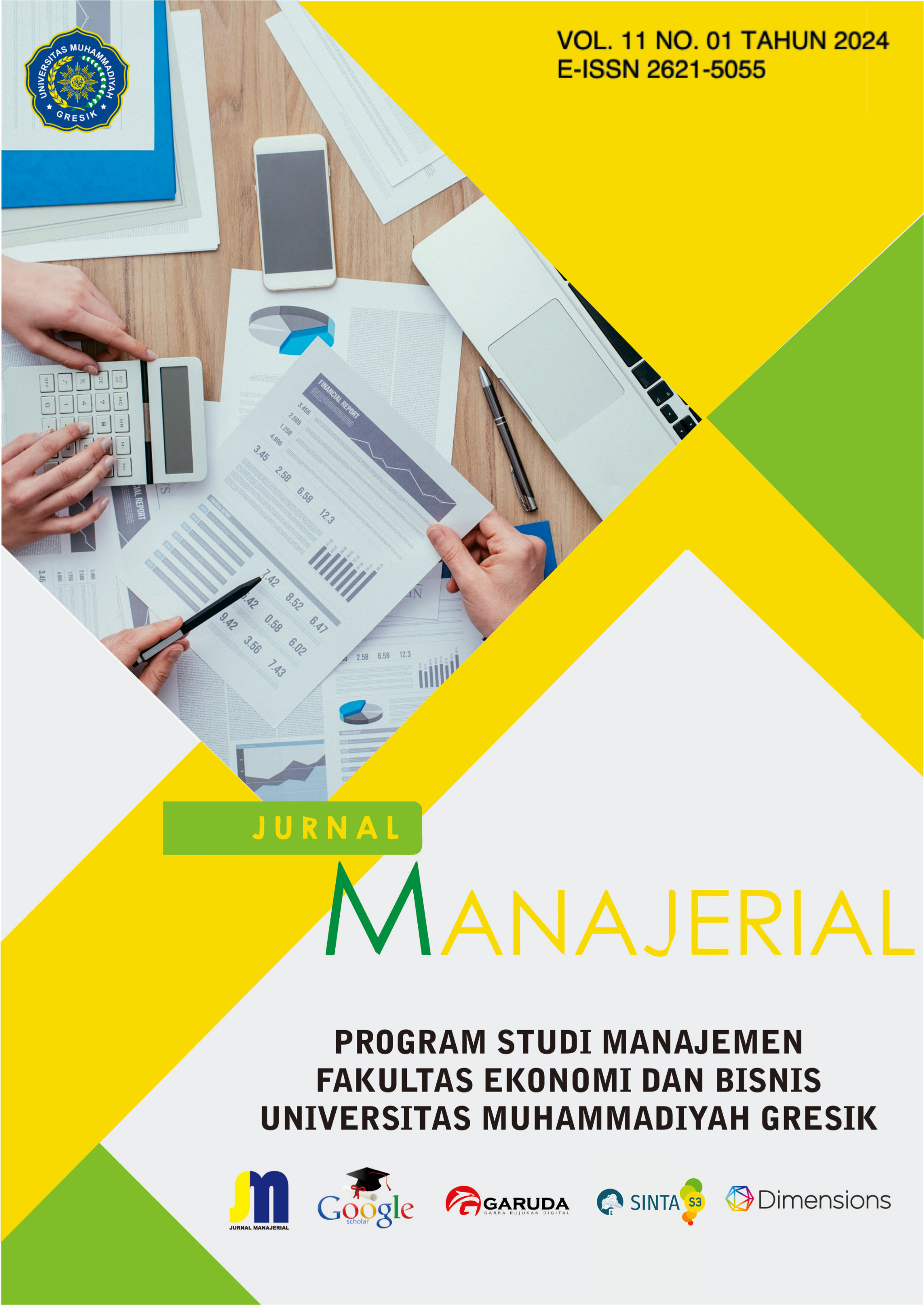





















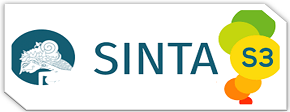
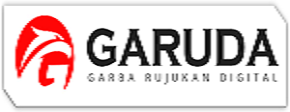

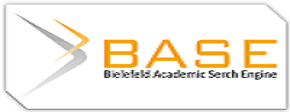

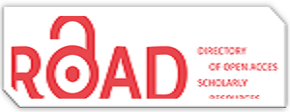

 P-ISSN: 2354-8592 __ E-ISSN: 2621-5055
P-ISSN: 2354-8592 __ E-ISSN: 2621-5055 
